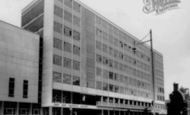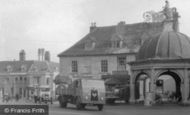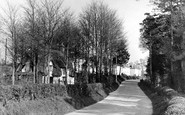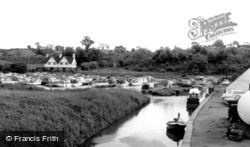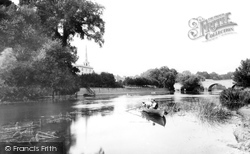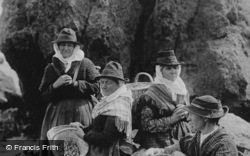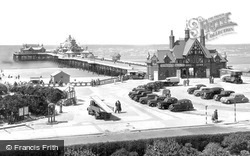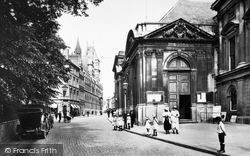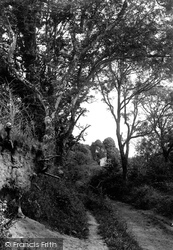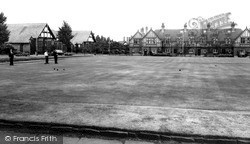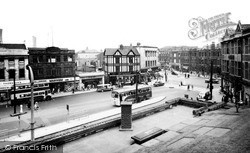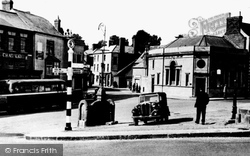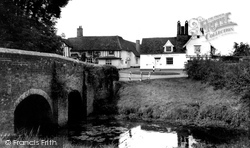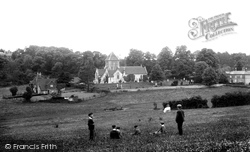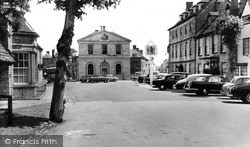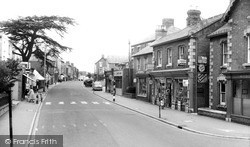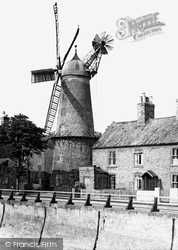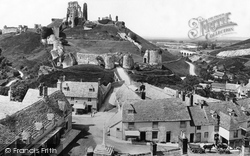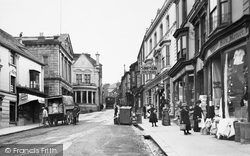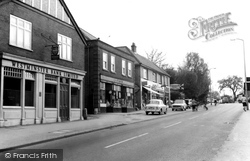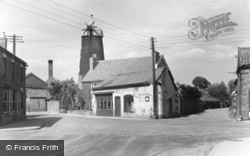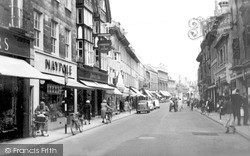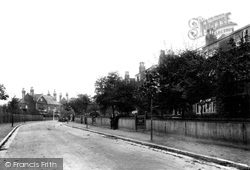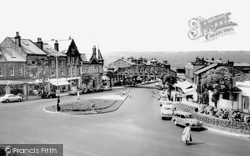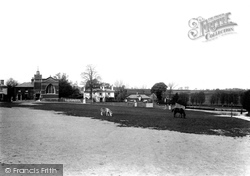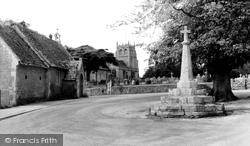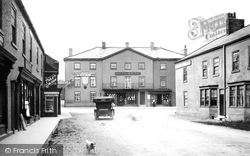Places
11 places found.
Those places high-lighted have photos. All locations may have maps, books and memories.
Photos
54 photos found. Showing results 1,301 to 54.
Maps
494 maps found.
Books
25 books found. Showing results 1,561 to 1,584.
Memories
9,956 memories found. Showing results 651 to 660.
1970's And 1980's East Ham Memories
I left East Ham behind around 1983 for Essex, my mother and father told me we were moving because East Ham was changing, becoming dirty and run down, I was devastated. Recently I have met up with old class mates ...Read more
A memory of East Ham in 1983
Fishcross
I left Fishcross in September 1962. I was part of the MacKay clan way back when everyone knew everyone. I had a friend across from where I lived at 2 Alloa Road, her name was Catherine Logan. My brother Ken (Kye) had a pal Michael Finnan ...Read more
A memory of Fishcross in 1962 by
Early Childhood
After retiring from the RAF, my father was with Air Ministry Constabulary and we moved to Stanwix in 1938 when my father was posted to 4 MU. We lived in Knowe Park Avenue and I attended Stanwix School. My sister attended the Margaret ...Read more
A memory of Stanwix in 1930 by
Living In Chilton
My family moved to Chilton Foliat and took over the "Old Post Office". I was still young then and went to the old school run by Mr & Mrs Hassall who lived next door to the school. Two classrooms and very fond memories. At ...Read more
A memory of Chilton Foliat in 1964 by
Bungay And Woodton
Early years - Nurse Britton was a friend as she was to most I believe. I was too young to be exact with memories but my gran lived opposite Whitemans shop which got hit by a bomb in the Second World War. I remember the garage which ...Read more
A memory of Bungay in 1951 by
Boyhood Memories
My memories of Sledmere are those of a small boy growing up in Sledmere between 1947 to 1958 when my parents decided to move from Sledmere. I have exceptionally fond memories of those days. I cannot remember a bad day or a sad day ...Read more
A memory of Sledmere by
Days Gone By
My family arrived in Seaforth late in 1939 after we were shipped back from Gibraltar where my father was stationed with the Kings Regiment. Early memories of our house in Holly Grove are vague. My sister Maureen and I, along with ...Read more
A memory of Seaforth in 1940 by
Wonderful Times
My father moved to Cold Meece in 1960 to take up his job as a prison officer at the nearby Drake Hall open prison, and we stayed there for a couple of years before we moved to live at the prison itself. At the time I was between 9 ...Read more
A memory of Coldmeece in 1962 by
Born And Bred
Born in Ablington just after the war we moved to Avon Banks, where I lived until married in 1970. My mother's father, mother and brothers (Fenners) all lived in Figheldean. Having read other peoples memories it brought back probably the most enjoyable part of my youth.
A memory of Figheldean in 1951 by
Schools
Does anyone remember when the school in Wheatley was called the Wheatley Secondary Modern, all I hear about now is Holton Park. I can remember Mrs Jones the PE teacher, Mr Hanson was Headmaster. Seeing the pictures on this site really bought ...Read more
A memory of Wheatley in 1952 by
Captions
2,019 captions found. Showing results 1,561 to 1,584.
The house in the distance has been demolished, and rather picturesque town houses now surround the back of the marina.
Back on the river, this view looks north-east from the Crowmarsh Gifford bank to Bridge House, with the remarkable spire of St Peter's Church beyond.
Note the basket of shrimps, the hats and scarves of their traditional dress and the larger basket one lady has on her back.
It is after World War II, and Britain is getting back into economic gear. The Pier Orchestra under Lionel Johns continues to entertain.
The Hall dates back to 1678, and was the first public building to be constructed after the fire of 1675. The County Hall was designed by Sir Roger Norwich, who was MP for the town.
In the distance are the ruins of a once great mansion, Scotsborough, dating back to the 14th century.
The houses at the back of the green are a perfect illustration of the architectural style that has made Port Sunlight so famous.
In the background is the Old College Hotel, a name that echoes back to the founding of the College of Jesus by the Archbishop of York in 1500.
The black and white signpost in the foreground will bring back nostalgic memories for some of motoring as it was half a century ago.
This is taken from the 'tongues' in the middle of the River Brett, adjacent to the two 18th-century hump-backed bridges. The Peacock is early 15th-century.
This compact little village in a hollow south of the Hog's Back is benignly watched over by St Lawrence's Church, with its wooden 14th-century south porch.
The historic Bear Inn on the right with its brown bear pub sign was an old coaching inn, and dates back to the 13th century.
Of the shops on the right, the Midland Bank is now, of course, HSBC.
It ceased working in 1949, was restored as a landmark in 1953, and since 1987 has been brought back to work by the Waterfield family.
Tradition says that his stepmother brought him a cup of wine and, as he drank, one of her servants stabbed the king in the back.
The Cornish Bank is beyond, and beside it an omnibus has begun to ascend Wendron Street.
This view shows the same buildings as C490092 from the other end, showing clearly the Westminster Bank before its amalgamation with the National Provincial to become NatWest.
Coningsby, on the south bank, has lost much of its historic character: in this view of Silver Street the house in front of the mill survives, but not the mill; all to the left has gone, and the road at
The Halifax Bank reconstructed the historic building next door to Parrish in 1982 and did a good job.
Albion Road, the most easterly of the Victorian developments south of the railway, has its back garden fences along the parish boundary with Carshalton.
With a history stretching back to the Romans, and a short period as a 19th-century spa, Ilkley's situation on the edge of the famous Ilkley Moor was always its greatest asset.
On the west side of the green area called the Croft, backing on to the river, are the workhouse and St Gregory's off to the left.
She remembers the two classrooms with old paraffin lamps and tortoise stoves which 'used to get red hot so we burned in the front and shivered in the back'.
Boroughbridge dates back to Norman times, when a bridge was constructed over the River Ure. In 1322 the Earl of Lancaster sought refuge in the local church following his defeat by Edward II.
Places (11)
Photos (54)
Memories (9956)
Books (25)
Maps (494)



